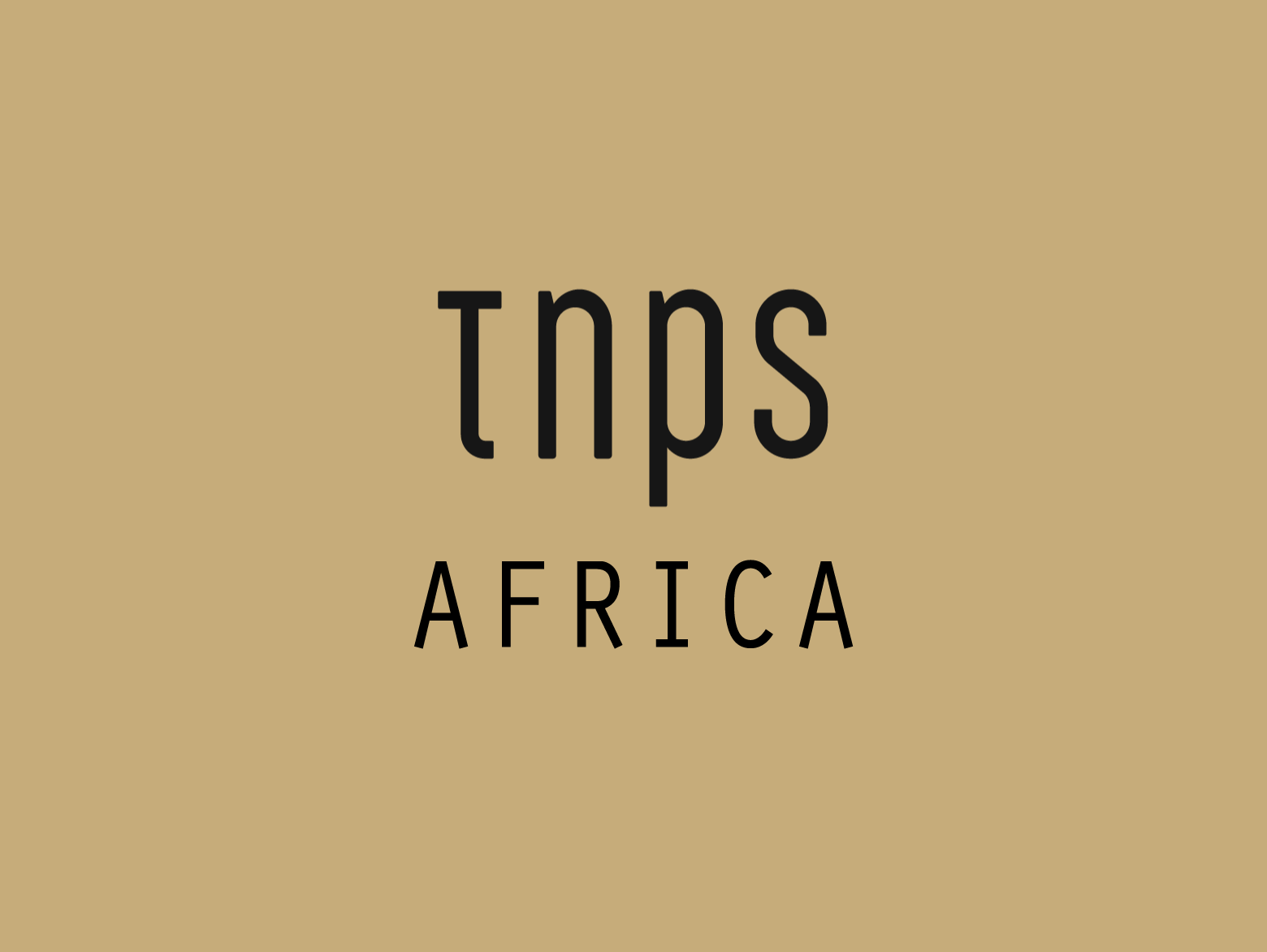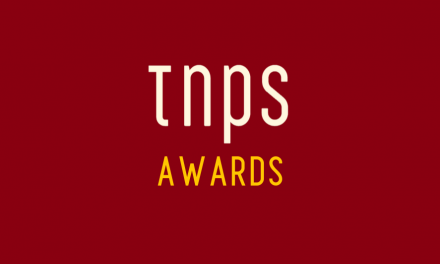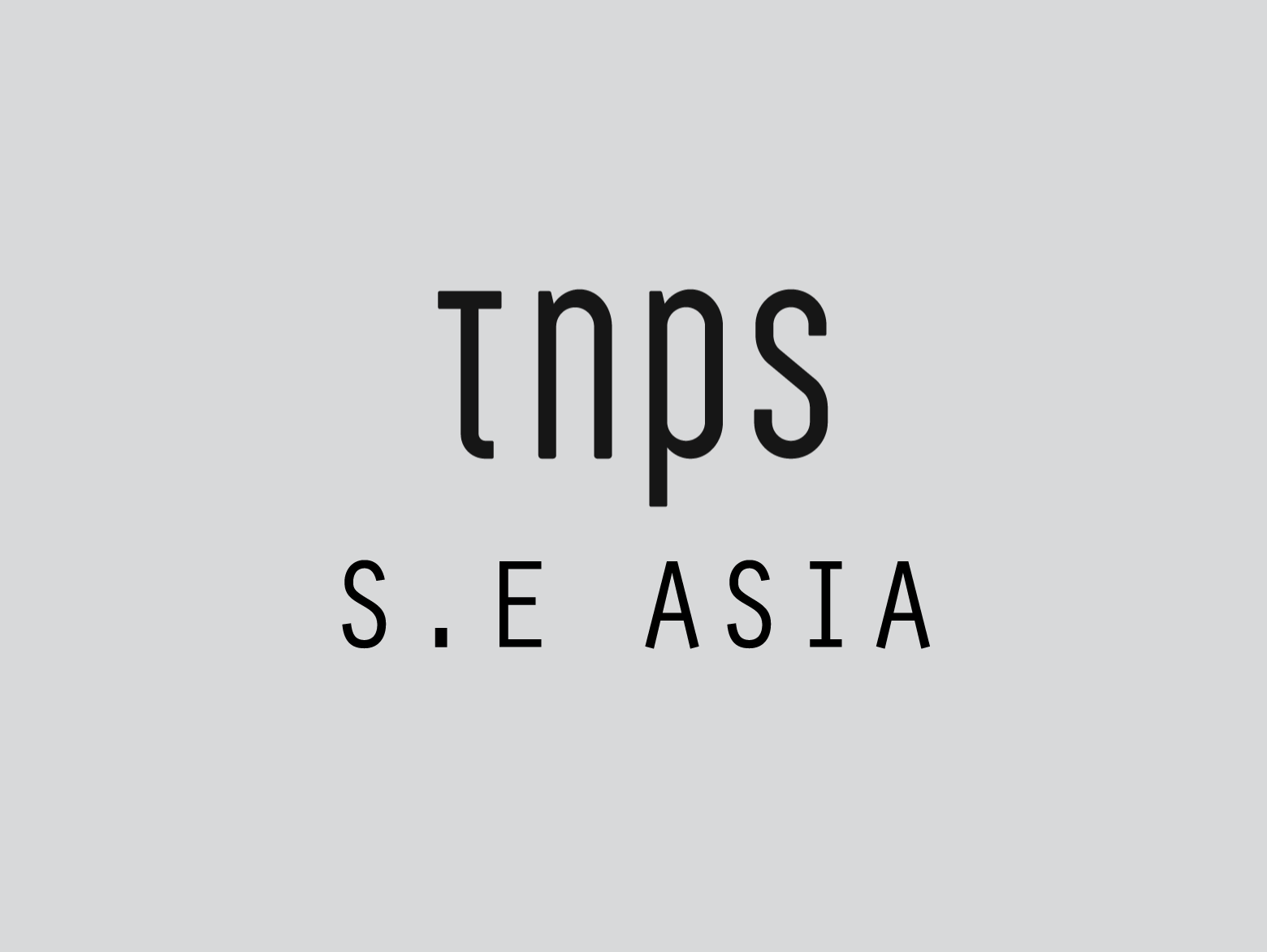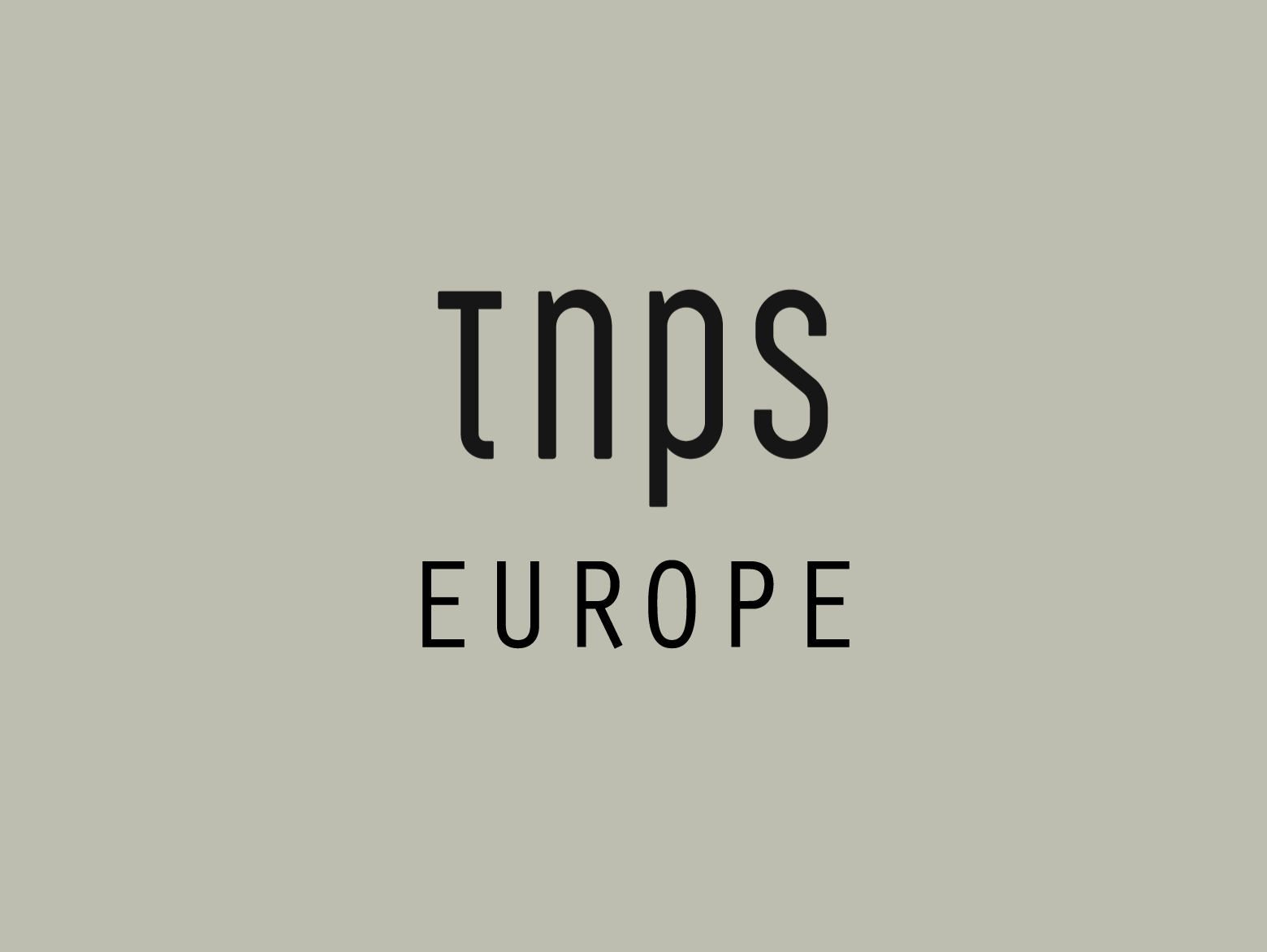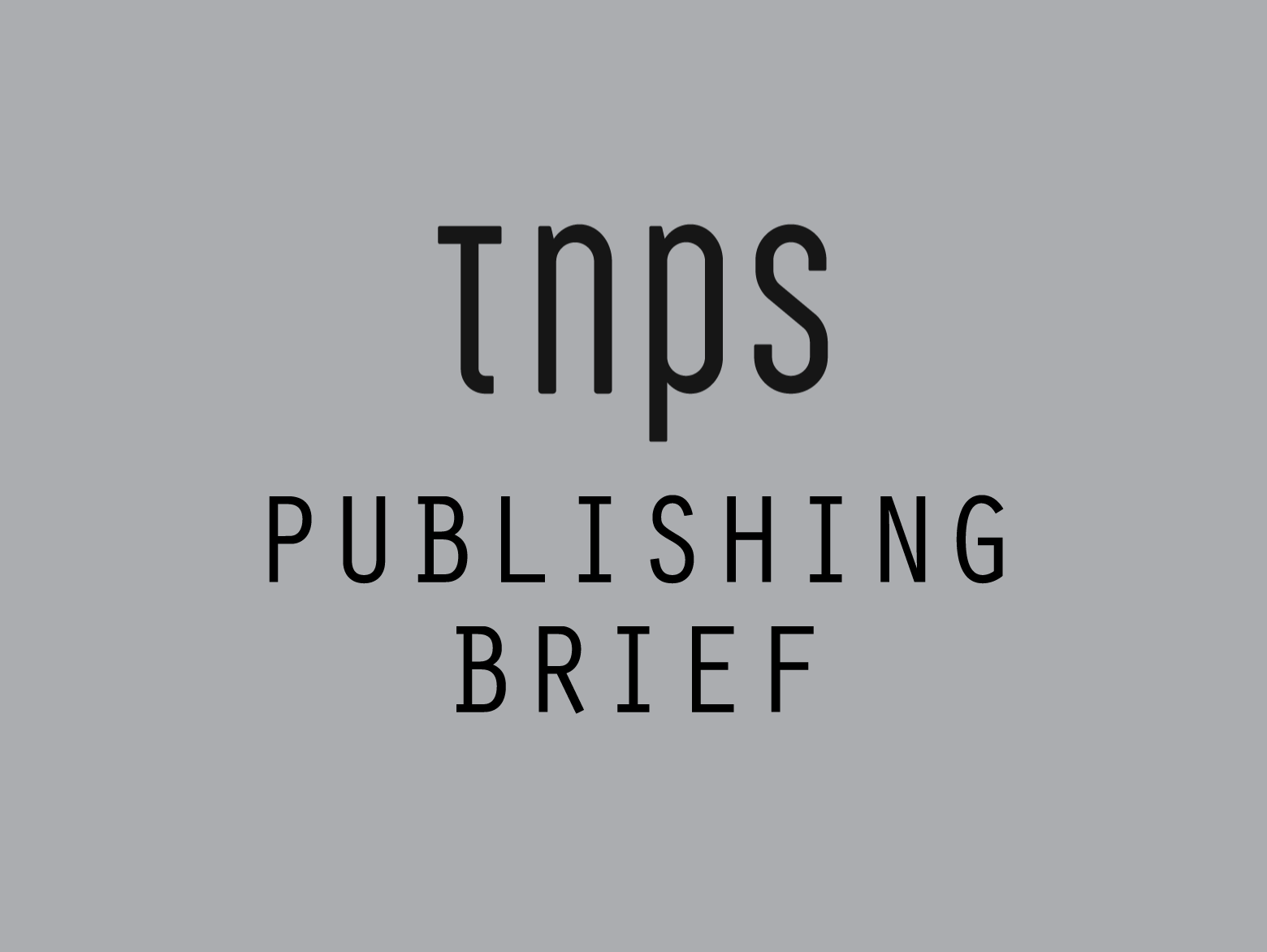Kenya’s Daily Nation weekend lifestyle section carries an interview with Abukakar Adam Ibrahim, the Nigerian author of Season of Crimson Blossoms, which won the Nigeria Prize for Literature 2016, Africa’s richest literary prize.
Abukakar Adam Ibrahim was in the Kenyan capital Nairobi in September for the Goethe Institut Literary Crossroads event, which featured two writers from two different countries (in this case, Nigeria and Kenya) discussing literature and writing on the African continent.
The Goethe Institut Literary Crossroads event was part of the September 2017 Storymoja festival.

Storymoja?
Back in 2007 Storymoja
was formed by a collective of writers … committed to publishing contemporary East African writing of world-class standard. The entire Storymoja fraternity believes that a reading nation is a smarter nation. To read our own stories helps us understand ourselves and that knowledge empowers. To that end, we source widely to identify good local writers, help them publish and distribute the work locally and internationally. We also commission writing based on interviews with those affected by issues that shape our society.
Since then Storymoja, motto “A book in every hand,” has become a powerful force in East African publishing, issuing adult titles under the Storymoja imprint, and more than one hundred children’s books under the Storyhippo imprint, as well as marketing and distributing books on behalf of other publishers and individuals.
But Storymoja is far more than just a publisher. It is a social movement for literature, not just in Kenya, where it began, but across Africa, and beyond.
Storymoja’s ‘Reading Revolution’ campaign successfully ran a Reading Aloud day in 2011 with 84,000 participating students.
Impressive. And from little acorns…
Storymoja’s Day of the African event in 2015 saw the participation of 229,043 children from 1,097 schools across 23 Counties.
The January 2016 Read Aloud New Year event attracted 421,696 participants drawn from 1,306 schools across 44 Counties.
In June 2016 in commemoration of the Day of the African Child edition to celebrate the rights of the child, Read Aloud attracted 590 schools and 166,052 participants reading from the same text at the same time from different locations.
Our aim was to gather many participants in schools across the country to read aloud for peace, national cohesion and ethnic tolerance ahead of the 2017 Generation Elections in Kenya.
The Storymoja Festival began as the Nyama Choma Storytelling Festival in 2008 (nyama choma literally means “roast meat” and is a family meal event across much of East Africa) and quickly became a major African literary event extending beyond Kenya’s borders.
Last year it was Storymoja Ghana, 2,600 miles (4,200 km) from Nairobi, right here in West Africa, but for the tenth anniversary in 2017 it returned home to Kenya.
Storymoja works closely with Britain’s Hay Festival, helping illuminate African literature in the UK.
Returning briefly to the Daily Nation interview I opened with, author Abukakar Adam Ibrahim is asked about the state of publishing in Nigeria. His response:
More people (have) found the courage to venture into publishing and the result has been a chorus of new literary voices bursting onto the scene.
And this is a story being repeated across the African continent, on an unprecedented scale.
Not that Africans have ever been indifferent to literature and reading. But the phenomenal growth of internet access across the continent (African now has more internet users than North America!) is driving a new level of awareness and a new level of engagement in literature. Not so much through ebooks – as yet none of the Big 5 North American ebook players are taking Africa seriously – but through social media.
In intriguing contrast to the rich western First World, where digitisation has often been seen as a threat to the publishing status quo, in Africa the potential opportunities afforded by digitisation are being welcomed.
But as yet the rest of the world has still to catch up with Africa’s recent internet empowerment, and the digital infrastructure simply isn’t in place for Africa to fully engage with online reading. (See this post at The New Publishing Standard for a further exploration of the First World-Third World ebook dichotomy.)
Africa’s turn will come soon enough, and because, outside of China, most of the world’s ebooks are in English, a language spoken and read widely across the continent (23 African countries list English as their official language). Africa is, counter-intuitive though it may sound, a contender as a major ebook-reading continent in the next decade.
Sub-Saharan Africa alone is expected to have over half a billion unique mobile subscribers by 2020 and for the entire continent, including the French/Arabic speaking North Africa region, make that a round three quarter billion.
As of July 2017 there are some 388 million internet users on the African continent. Compare North America’s 320 million.
And this is where it gets exciting, because while North America is at 88% penetration, Africa is at just 31% penetration.
I mentioned Kenya, Nigeria and Ghana in this post, so I’ll end with these sobering statistics on internet reach in those three African countries.
- Ghana – 10 million internet users (more than New Zealand, Sweden, Hungary, Czech Republic, Portugal or Belgium)
- Kenya – 43 million internet users (more than Canada or Australia)
- Nigeria – 92 million internet users (more than the UK, France, Italy, Spain or Germany – in fact more than any country in Europe except Russia)
And just for the record, Algeria, Egypt, Ethiopia, Morocco, South Africa, Sudan and Uganda all have more internet users than Ghana.
For more insights into digital Africa, see this post from The New Publishing Standard.
Africa is an incredibly exciting digital prospect for ebooks and online reading. Yet there’s not a single Amazon Kindle or Apple iBooks store on the continent and only two Google Play Books stores.
When will the Big 5 western ebook retailers wake up and smell the coffee?

